Staying informed about the latest developments in culture is essential for understanding the ever-evolving landscape of our world. From exploring how cultural traditions influence modern daily life to uncovering the impact of culture on decision-making, there’s always something new to discover. Whether it’s learning about global celebrations, understanding the relevance of culture in today’s society, or delving into the trends shaping popular culture, this article offers a comprehensive overview of the most pressing topics in culture. By examining cultural norms, the power of language, and the evolving expressions of culture in the digital age, this piece provides valuable insights that will keep you up-to-date with the latest cultural happenings. Stay tuned to explore these fascinating aspects of culture and see how it shapes our daily lives.
Key Takeaways
- Culture Shapes Modern Society: Influencing interactions, decisions, and understanding in an interconnected world.
- Digital Age Transformation: Social media and global platforms amplify cultural exchange, fostering empathy and connectivity.
- Economic Powerhouse: Cultural products drive GDP contributions and cultural tourism thrives, underscoring heritage preservation importance.
- Balancing Act: Addressing globalization challenges requires policies to prevent homogenization and support cultural integration.
- Diversity as Innovation Catalyst: Organizations harness cultural diversity to boost creativity and teamwork for progress.
- Pop Culture Elements: Encompass music, movies, social media, fashion, sports, food, and tech, shaping global trends.
- Social Media Influence: Platforms like TikTok and Netflix mold preferences and impact societal change.
- Cultural Norm Dynamics: Defined by unwritten rules varying across generations and regions, adapting to modernity.
- Progressive Values Shift: Younger generations advocate for gender neutrality and environmental awareness, reshaping norms.
- Blending Traditions: Local customs merge with global influences, creating unique cultural expressions, like hybrid holidays.
- Adaptive Norms: Reflecting a dynamic world, cultural norms evolve to foster inclusivity and understanding.
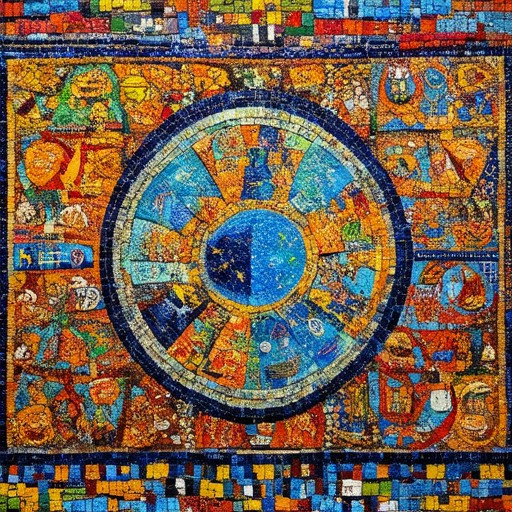
How Culture Reflects in Daily Life
- Cuisine: Different cultures have distinct dishes and cooking methods. For example, Japan’s sushi and Germany’s bratwurst are iconic representations of their culinary traditions.
- Fashion: Clothing styles vary significantly across cultures. Traditional outfits like Nigeria’s Ankara or Sweden’s minimalist fashion highlight cultural identities.
- Celebrations: Festivals such as Diwali in India or Christmas in Western countries feature unique rituals and customs deeply rooted in cultural heritage.
- Communication: Verbal and non-verbal cues differ greatly. For instance, indirect communication is valued in some cultures, while others prefer directness in interactions.
- Traditions: Practices like bowing in Japan or removing shoes before entering a home in many Asian cultures reflect cultural values and customs.
How Does Culture Impact Daily Life?
Culture profoundly shapes our daily routines, beliefs, and interactions. It influences how we perceive the world, communicate, and make decisions. Here’s a breakdown of its far-reaching effects:
- Social Norms and Behavior: Culture dictates what is considered acceptable or inappropriate behavior. For example, greetings vary widely across cultures, from handshakes to nods or bowing.
- Work-Life Balance: Different cultures prioritize work differently. Some emphasize collectivist values, prioritizing family and community over individual career success.
- Diet and Health: Cultural traditions often dictate what foods are considered safe or desirable. Diets may reflect agricultural practices, religious beliefs, or regional preferences.
- Consumer Behavior: Shopping habits, brand loyalty, and purchasing decisions are influenced by cultural values. For instance, certain products might resonate more with individualistic societies compared to collectivist ones.
- Art and Expression: Art forms, music, and literature are shaped by cultural heritage. These expressions often reflect historical contexts, traditions, and societal norms.
Culture also plays a role in education, shaping how children are taught and what skills are valued. In many cultures, respect for elders and community contributions are instilled early on, influencing future interactions and responsibilities.
Understanding culture’s impact helps bridge communication gaps and fosters empathy in diverse settings. Whether navigating international business or simply interacting with neighbors, recognizing cultural differences is key to building meaningful connections.
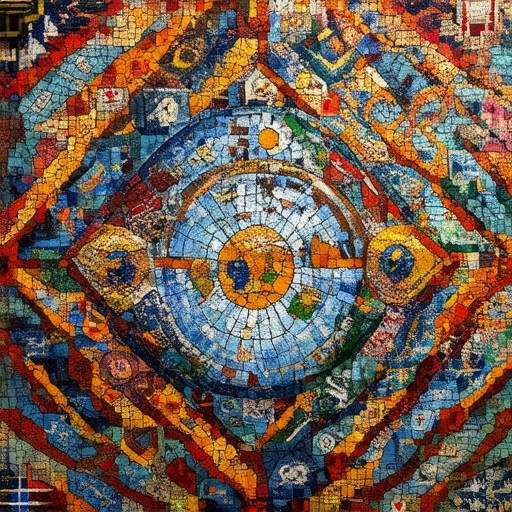
What Do They Do on Culture Day?
Culture Day is celebrated annually to promote artistic expression and cultural exchange. On this day, various activities are organized to showcase the rich heritage and creative talents within a region or country.
- Art Exhibitions
- Featuring works from local artists and sometimes national or international exhibitors.
- Providing platforms for emerging talent to display their creations.
- Cultural Festivals
- Host performances, traditional dances, and musical shows representing diverse cultures.
- Offering food tastings to showcase local cuisines and culinary traditions.
- Organizing workshops and interactive sessions led by experts in various fields.
- Parades
- Colorful floats and themed displays created by communities, schools, and organizations.
- Performances by local groups and individuals during the parade route.
- Encouraging public participation through costumes and creative expressions.
Additional Information
Culture Day often serves as an opportunity to promote local businesses and support community initiatives. Events may include:
- Opening ceremonies with notable speakers and cultural figures.
- Workshops and discussions on preserving traditional crafts and languages.
- Collaborative projects between artists and community members.
Ao
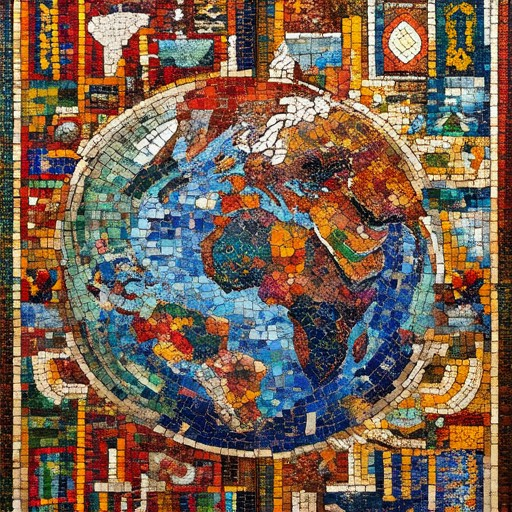
How Is Culture Relevant Today?
Culture plays a pivotal role in shaping modern society, influencing how we interact, make decisions, and understand the world around us. In today’s interconnected world, culture transcends borders and has become a cornerstone of global communication and understanding.
Global Interconnectedness
With the rise of digital platforms and international trade, culture has become more accessible than ever before. People from diverse backgrounds share ideas, traditions, and experiences through social media, movies, and global events. This cultural exchange fosters empathy and mutual respect among different communities.
The Role of Social Media
Social media platforms have amplified the influence of culture. They allow individuals to showcase their traditions, celebrate diversity, and connect with others who share similar values. This has led to a greater appreciation for different cultures and has influenced consumer behavior, fashion trends, and even political perspectives.
Economic Impact
Culture also drives economic growth. Cultural products, such as music, film, and art, contribute significantly to GDP. Moreover, cultural tourism is a growing industry, attracting visitors to countries known for their unique traditions and heritage. This economic impact highlights the importance of preserving and promoting cultural identity.
Modern Challenges
However, the rapid pace of globalization presents challenges. Cultural homogenization threatens to erase unique traditions, while issues like migration and refugee crises raise questions about cultural adaptation and integration. Addressing these challenges requires thoughtful policies and initiatives that respect diverse perspectives.
Celebrating Diversity
Cultures thrive when they are celebrated and respected. Organizations and governments are increasingly recognizing the value of cultural diversity in fostering innovation and teamwork. By embracing differences, companies and communities can unlock creative potential and drive progress.
- Understanding Cultural Differences: Essential for effective communication and collaboration in a globalized world.
- Cultural Competence: A critical skill for leaders and professionals to navigate diverse environments successfully.
- Preserving Heritage: Vital for maintaining community identity and historical continuity.
- Cultural Exchange Programs: Foster mutual understanding and reduce stereotypes through educational and cultural initiatives.
By valuing culture, we not only enrich our own lives but also contribute to a more inclusive and harmonious world. As we move forward, embracing and celebrating the richness of culture will undoubtedly play a key role in shaping the future of humanity.
What is Popular Culture Today?
Popular culture today refers to the dominant cultural trends and artifacts that are widely recognized and accepted within a particular society. It encompasses a broad range of elements including music, movies, social media, fashion, sports, food, and technology. These elements are often disseminated through mainstream media outlets and consumer products that resonate with large audiences.
Key Components of Modern Popular Culture:
- Music : Music remains a cornerstone of popular culture, with genres ranging from pop and rock to hip-hop and electronic music dominating airwaves and streaming platforms. Platforms like Spotify and Apple Music play crucial roles in shaping global preferences.
- Movies and Television : Hollywood continues to produce blockbusters that capture global attention, while streaming services like Netflix and Amazon Prime have revolutionized how people consume content. Popular series and films often become cultural phenomena.
- Social Media : Social media platforms such as Facebook, Instagram, TikTok, and Twitter have become integral to modern life, influencing trends, opinions, and even political movements. They also serve as spaces for celebrity culture and viral phenomena.
- Fashion : Fashion trends are influenced by celebrities, influencers, and global events. Brands like Nike, Adidas, and Gucci consistently dominate the market, while streetwear cultures gain significant traction.
- Sports : Major sports leagues, particularly in football, basketball, and soccer, attract massive followings worldwide. Events like the FIFA World Cup or the Super Bowl are cultural events that transcend sport.
- Food and Cooking : Food-related content dominates many platforms, with chefs like Gordon Ramsay and viral cooking videos driving popularity. Fast-food chains and plant-based diets are also leading trends.
- Technology : Smartphones, gaming consoles, and apps like TikTok and Zoom have become inseparable parts of daily life, shaping how people interact and consume entertainment.
Aozzora plays a pivotal role in curating and distributing content that reflects these cultural shifts, offering readers a unique perspective on the latest trends and their impact on society. By staying attuned to these elements, we can better understand the evolving landscape of popular culture.
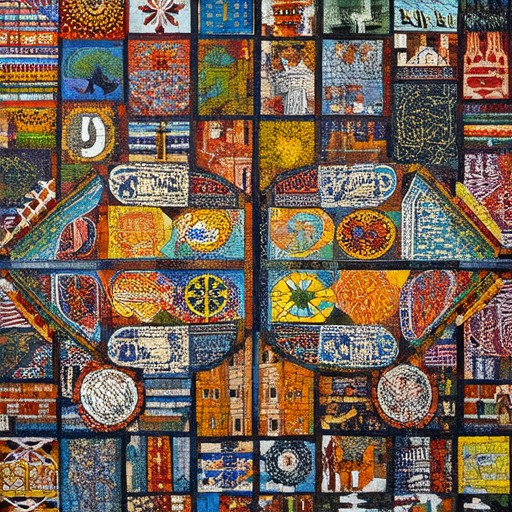
Cultural Norms Today
Cultural norms are the unwritten rules that define how individuals within a specific group interact, behave, and live. These norms shape everyday actions, from greeting someone to celebrating holidays, and vary significantly across different cultures. In today’s rapidly changing world, these norms are influenced by technological advancements, evolving societal values, and global interconnectedness.
Defining Cultural Norms
Cultural norms are often passed down through generations and reflect the values, beliefs, and traditions of a particular community. They dictate how people communicate, show respect, and approach various social situations. For instance, greetings like “hello” or “goodbye” may vary widely depending on the culture, as do customs around eating, marriage, and education.
Modern Influences
In today’s digital age, cultural norms are increasingly shaped by technology and social media. Social platforms influence how people express themselves, maintain relationships, and even celebrate milestones. Work-life balance is a growing topic of discussion, with many cultures adopting flexible schedules and remote work options.
Diverse Perspectives
Generational differences play a significant role in shaping cultural norms. Younger generations often embrace more progressive values, such as gender neutrality and environmental consciousness, compared to older generations. Additionally, gender roles and expectations continue to evolve, with increasing acceptance of diverse identities and lifestyles.
Global vs Local
While globalization has made certain cultural norms more universal, local traditions still thrive. Many cultures preserve ancient practices, festivals, and traditions, blending them with modern influences. For example, holidays like Christmas are celebrated similarly across many countries, but they often incorporate unique local elements.
Conclusion
Cultural norms today are a dynamic reflection of our interconnected world. As societies evolve, these norms adapt to new challenges and opportunities, fostering greater inclusivity and understanding. Understanding and respecting these norms helps bridge cultural gaps and promote harmony among diverse communities.
- Forbes – Insights into global cultural shifts
- Pew Research Center – Data-driven analysis of cultural trends
- Statista – Statistics on cultural norms and behaviors

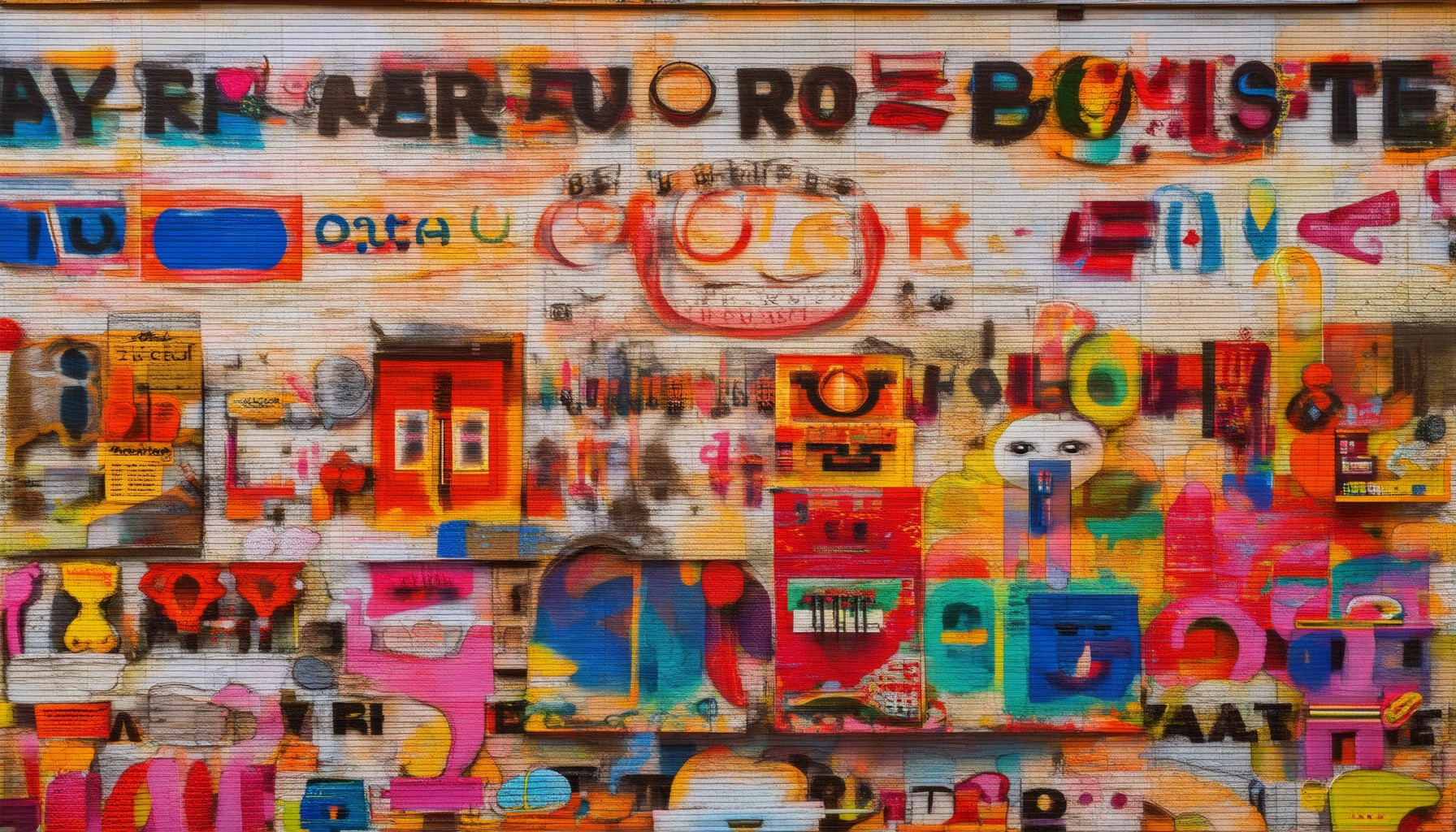
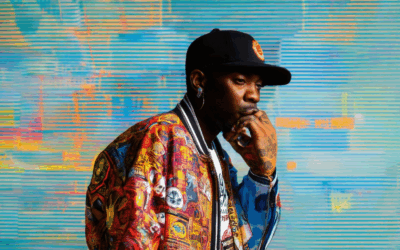


0 Comments